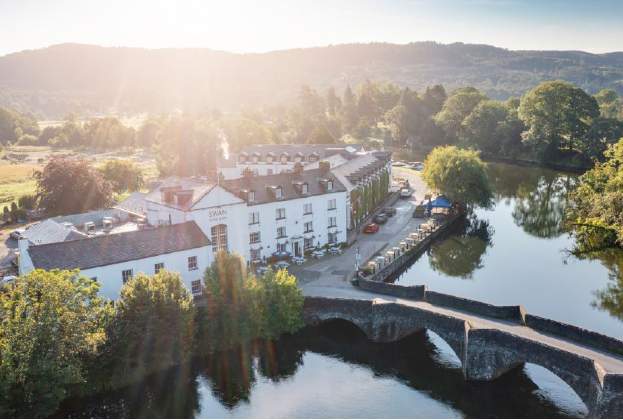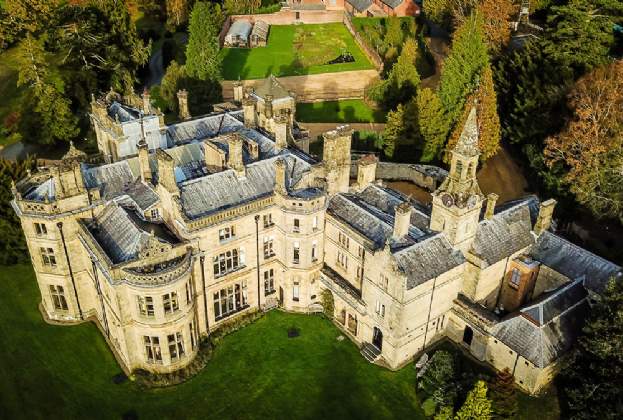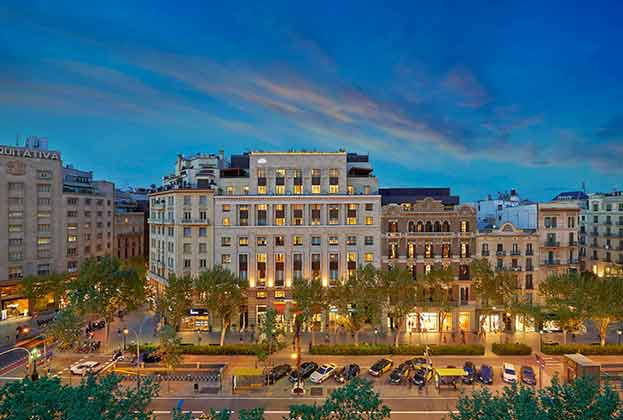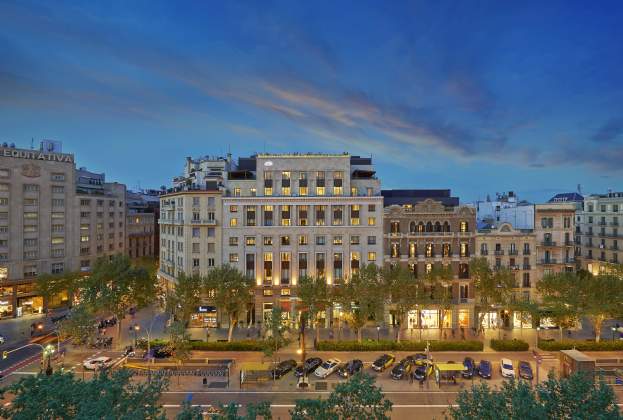The UK hotel market can be broadly split into two asset types: branded offers and independently run businesses. Branded hotels benefit from a wide, often global, network, powerful marketing and finely tuned brand operating manuals. However, the independent hotel sector has plenty to shout about and their flexibility and character are what set them apart and drive success.
According to AM:PM, 73 per cent of hotels in the UK and Ireland are independent, but only 45 per cent of bedrooms are. Branded hotels tend to provide more rooms, often in purpose-built properties, while the independent hotel supply is dominated by boutique hotels, country house hotels and B&Bs, with fewer room numbers and often in converted properties, constraining room count.
To the public, names such as Hilton, Marriott and Accor are far more likely to be recognised due to advertisements through numerous media channels and high profile loyalty programmes. This may well sway the public when it comes to making their booking choices.
easyJet has capitalised on the strength of its name with the creation of the instantly recognisable easyHotel. Brand clarity is also key to allowing owners and developers to appreciate the long-term value added by any brand agreement, whether it be a management contract, franchise agreement or lease.
Brands are increasingly striving to create the independent hotel experience. Accor recently launched midscale brand Tribe targeting the 'independent, curious and adventurous traveller' and this year Hilton unveiled Motto, its micro hotel concept.
With new names being added on a fairly regular basis, there is a risk of dilution and brand confusion with the general public.
In contrast, independent hotels can often create a strong brand by focussing on providing a singular, exceptional service. Soho Farmhouse, for example, has built a name around its reputation of exclusivity and service.
There is also the benefit of having a hotel linked to something in the public’s awareness. The Goodwood Hotel is known for offering premium accommodation in the heart of the Goodwood Estate. There have also been cases where the owner has created such a strong brand name that consumers and potential purchasers alike can be attracted in spite of poor operational performance.
From an investment perspective, independent hotels are traditionally more attractive as unencumbered assets that allow the purchaser free reign to maximise value where they see potential. However, in times of uncertainty, we are seeing regional UK investors seeking branded hotels. Independent hotels accounted for 41 per cent of transactions in 2017, which dropped to 26 per cent in 2018.
Investors have also been branding independent hotels once purchased. Savills has been involved in the sale of St Johns Hotel, Solihull, which is now a Voco (IHG) and Tankersley Manor, Barnsley, which is now a Mercure (Accor).
Both independents and branded hotels have their advantages and when looking at potential through an investor's eye there’s plenty to consider before launching into either.
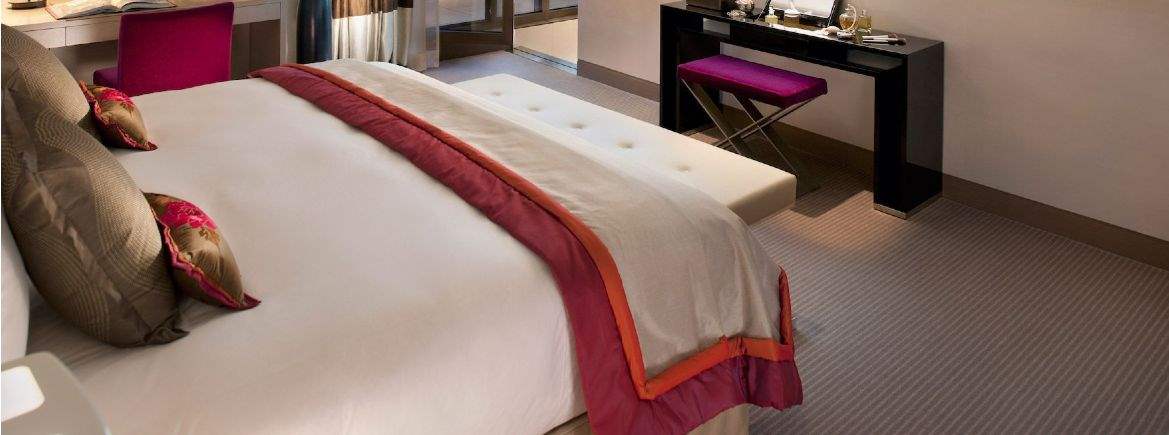

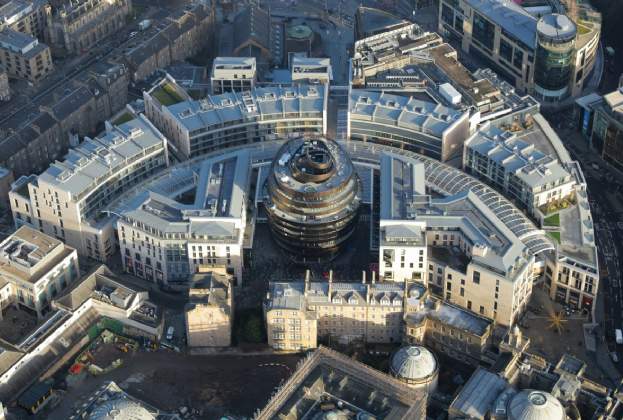
.jpg)
.jpg)

